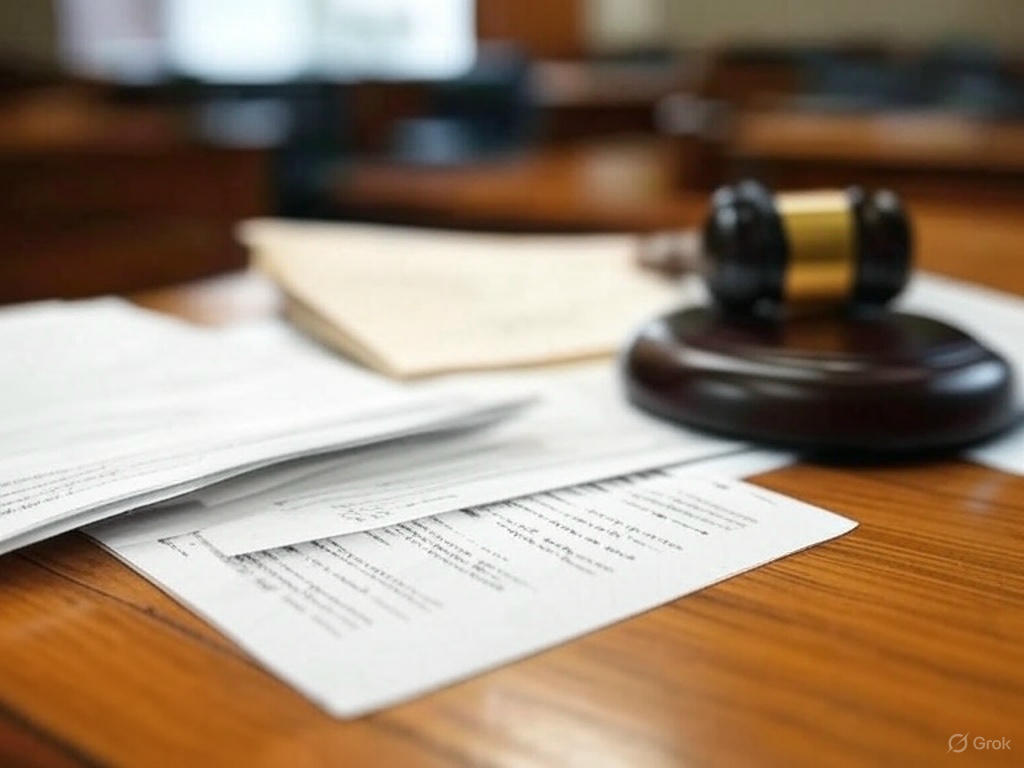 If you’re an Illinois resident convicted of a DUI in another state, your driving privileges in Illinois could face serious consequences. Understanding how these out-of-state convictions affect your license is crucial for navigating the legal process and protecting your driving rights. Here’s what you need to know, based on information from the Illinois Drivers License Reinstatement Lawyer.
If you’re an Illinois resident convicted of a DUI in another state, your driving privileges in Illinois could face serious consequences. Understanding how these out-of-state convictions affect your license is crucial for navigating the legal process and protecting your driving rights. Here’s what you need to know, based on information from the Illinois Drivers License Reinstatement Lawyer.
The Interstate Driver’s License Compact
Illinois is part of the Interstate Driver’s License Compact (DLC), an agreement among most U.S. states to share information about driving offenses, including DUIs. When you’re convicted of a DUI in another DLC member state, that state notifies the Illinois Secretary of State’s office. The conviction is then treated as if it occurred in Illinois, triggering penalties under Illinois law.
Consequences for Your Illinois Driving Privileges
An out-of-state DUI conviction can lead to the following in Illinois:
License Suspension or Revocation
The Illinois Secretary of State will impose a suspension or revocation of your driving privileges based on the circumstances of the out-of-state DUI. The length and severity depend on factors like prior offenses and the other state’s DUI laws. For example:
- A first-time DUI typically results in a one-year suspension.
- Multiple DUIs or aggravated offenses (e.g., DUI with injury) may lead to longer suspensions or permanent revocation.Illinois DUI Laws Apply
Illinois evaluates the out-of-state DUI using its own legal standards. Even if the other state’s DUI laws are less strict, Illinois may impose harsher penalties if the offense aligns with its DUI definitions (e.g., BAC of 0.08% or higher or impaired driving).
- Reinstatement Challenges
To reinstate your Illinois driving privileges, you’ll need to meet Illinois’ requirements, which may include:
- Completing a drug and alcohol evaluation.
- Attending treatment or education programs.
- Paying reinstatement fees.
- Attending a hearing with the Secretary of State to prove you’re a safe driver. - If the other state also suspends your license, you may need to resolve issues in both states before regaining full driving privileges.
- Additional Penalties
An out-of-state DUI conviction may count as a prior offense in Illinois. This means a future DUI in Illinois could lead to escalated penalties, such as longer suspensions, mandatory jail time, or felony charges for repeat offenses.
What If the DUI Occurs in a Non-DLC State?
Only a few states, like Wisconsin, are not part of the DLC. If you’re convicted of a DUI in a non-DLC state, Illinois may still learn of the conviction through other reporting systems or when you attempt to renew your license. While the process may differ, Illinois can still suspend or revoke your privileges based on the out-of-state offense.
Steps to Protect Your Driving Privileges
- If you’re facing an out-of-state DUI, take these steps to minimize the impact on your Illinois license:
- Consult an Attorney: A lawyer experienced in Illinois DUI laws can guide you through the process, challenge the conviction if possible, and represent you in reinstatement hearings.
- Understand Both States’ Laws: Work with legal counsel in the state where the DUI occurred to address local penalties and ensure compliance.
- Act Promptly: Delaying action can complicate reinstatement and lead to additional penalties.
Conclusion
An out-of-state DUI conviction can have significant repercussions for your Illinois driving privileges due to the Interstate Driver’s License Compact and Illinois’ strict DUI laws. Suspensions, revocations, and reinstatement challenges are common, and the conviction may impact future offenses. To navigate this complex process, seek legal assistance from a qualified Illinois DUI attorney who can help protect your rights and work toward reinstating your license.
For personalized guidance, contact a professional familiar with Illinois DUI laws to discuss your case and explore your options.

